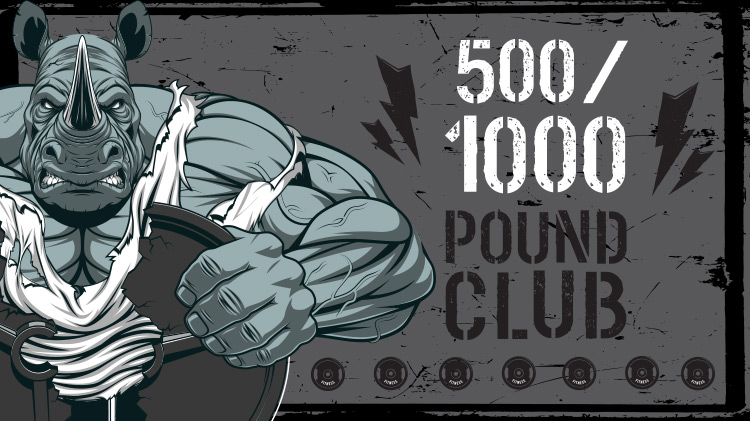

This macro performance is being translated into different sorts of influence. Even as most Western countries struggle to rein in record budget deficits and soaring debts, the BRICs' public-debt levels are mostly modest and stable (India is a partial exception). If the BRICs were to set aside one-sixth of their reserves, they could create a fund the size of the IMF.įoreign assets provided cushions against the great recession and helped turn the BRICs into financial powers as well as economic ones. Russia's foreign-exchange reserves were virtually zero when it began market reform in 1992 now they stand at $420 billion. It is the world's second-largest net creditor after Japan (the net credit position takes account of equities as well as debt). China is easily the largest, with a staggering $2.4 trillion, enough to buy two-thirds of all the NASDAQ-quoted companies. All four are among the ten largest accumulators of reserves, accounting for 40% of the world's total. The most striking sign of the BRICs' significance to the world economy, though, is probably their share of foreign-exchange reserves. Russia is third and India fourth on this particular roll of shame. Less happily, China has become the largest spewer-forth of carbon dioxide, emitting 6.5 billion tonnes of CO 2 in 2008, or 22% of the world's total. China has also become the largest market for the fast-industrialising countries of East Asia. Meanwhile, the BRICs are also increasing their trade with one another: Chinese-Indian trade has soared and is likely to reach $60 billion this year. China also became, by a fraction, the world's largest exporter. With the exception of Russia, they sustained better growth than most during the great recession and, but for them, world output would have fallen by even more than it did. They are the only developing economies with annual GDPs of over $1 trillion (Indonesia's is only half that).

They are the four largest economies outside the OECD (Organisation for Economic Co-operation and Development, the rich man's club). The BRICs matter because of their economic weight. But is it now the case that life, in a serious way, is imitating investment analysis? Are the BRICs developing a momentum of their own? If so, what difference might that make to the rest of the world? The term itself was coined by Jim O'Neill of Goldman Sachs, a Wall Street bank, and is sometimes written off as just a gimmick aimed at tempting punters. This week, in addition to the leaders' summit, there are gatherings in Brazil of BRIC commercial banks, BRIC development banks, and even BRIC think-tanks. Finance ministers and central bank heads meet frequently. BRIC foreign ministers have met annually since 2006. But the foursome is starting to establish a record. That inaugural summit, which produced almost nothing concrete, appeared to be a one-off event and could be ignored. The next day South Africa will drop out and Russia and China will join the party, to create a meeting of the so-called BRICs.įor this group, it is a second summit last June their leaders met in Yekaterinburg, in Russia. On April 15th Brazil, India and South Africa-rising powers that are also democracies-put their heads together. This week the same developing countries are meeting again, in Brasília. But at least Mr Obama was in the room Europeans were shut out while the emerging powers and America put the final touches to their deal. As an additional sign that things were changing in the world, the president got a finger-wagging from one of Mr Wen's hangers-on. What was conceived as a bilateral talk turned instead into a negotiation with an emerging-market block. The Americans even thought the Indians had already left the summit. But when the president turned up, he found not only Mr Wen but the heads of government of Brazil, South Africa and India. So in Copenhagen last December, as negotiations for a new climate-change treaty were entering their final hours, a hastily convened meeting between Barack Obama and China's prime minister, Wen Jiabao, looked as if it would be the critical moment when a deal might be struck. IN ANY global gathering, the American president is usually seen, at a minimum, as primus inter pares: the one who can make or break the final bargain and select his favoured interlocutors.


 0 kommentar(er)
0 kommentar(er)
